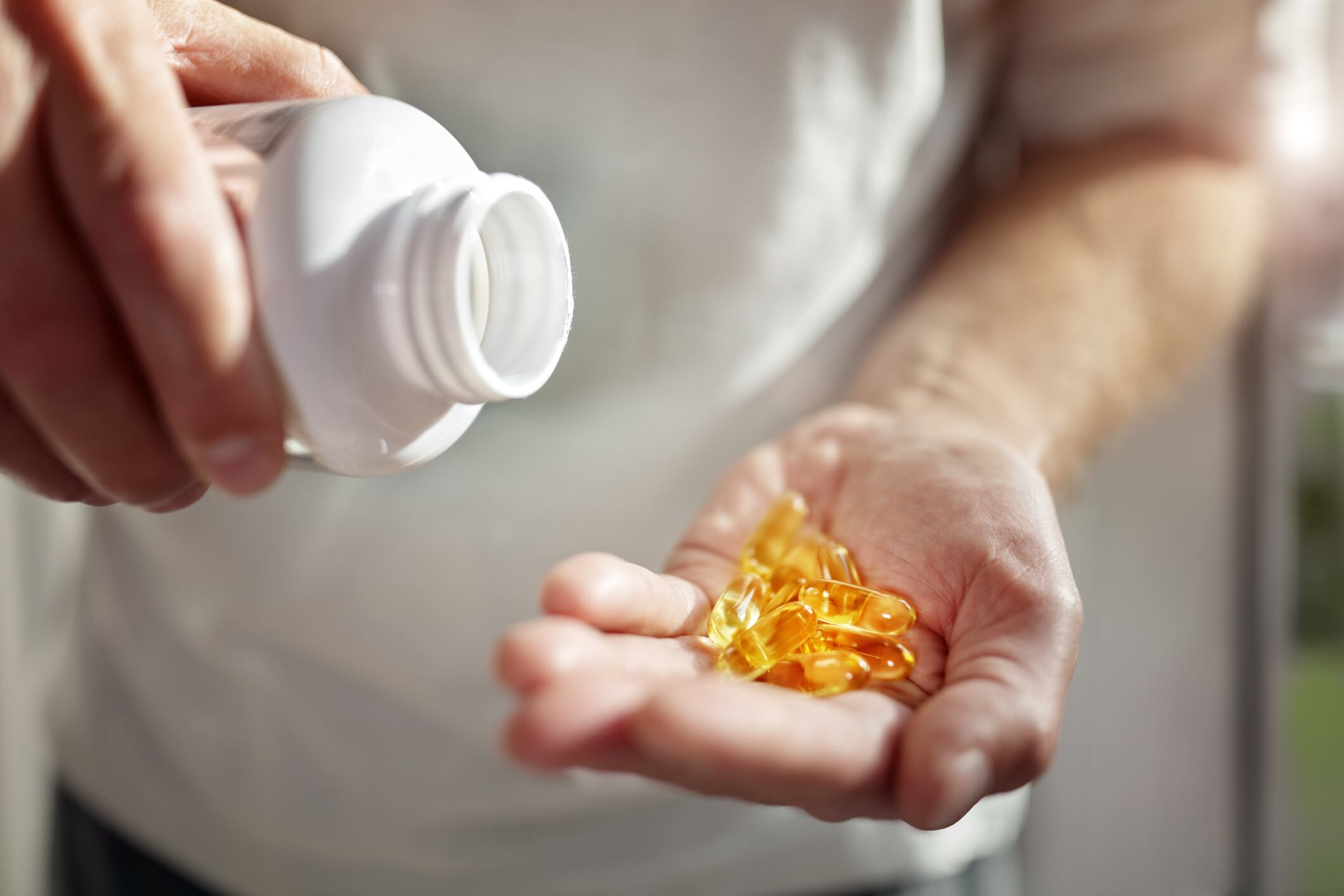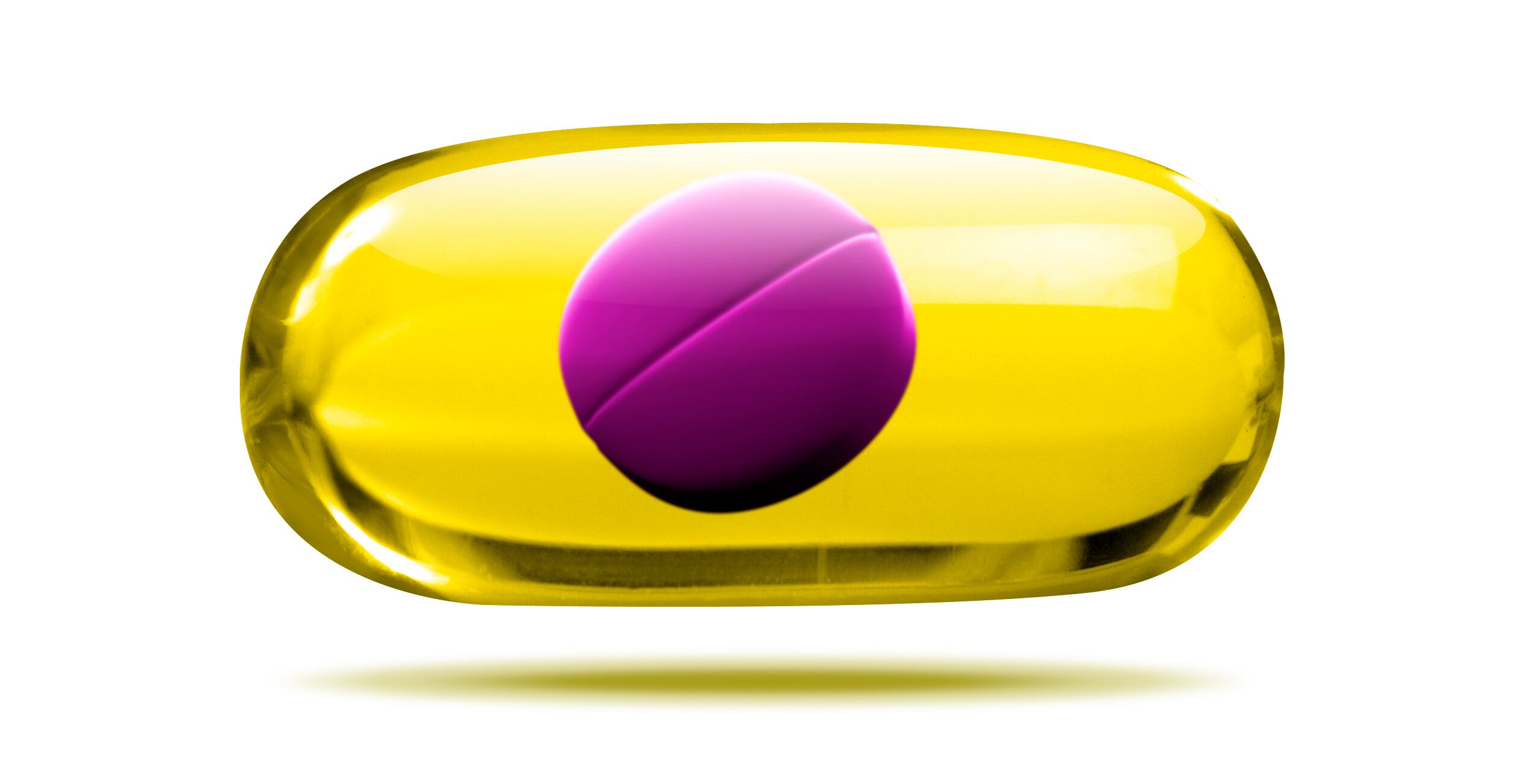One that has been under development for a number of years is Indena’s Phytosome delivery system. The approach uses lecithin in combination with hard to absorb ingredients such as resveratrol, curcuminoids, CoQ10 and, most recently, quercetin.
Benefits of phytosomes
Paolo Morazzoni, scientific advisor at Indena S.p.A., spoke at Health Ingredients Japan 2019 on the company’s latest development efforts on the technology.
“Lecithin is poor in water solubility, but it is readily absorbed for instance, from the intestine, leaving phytochemicals in a dispersed state, to be more readily absorbed,” he told the audience.
In a clinical study published in the European Journal of Drug Metabolism and Pharmacokinetics in 2018, quercetin administered with phytosome technology was found to facilitate up to 20 times higher plasma levels of quercetin, compared to unformulated quercetin.
Another approach that has been in the market for a number of years is the VESIsorb technology, which is billed as a self assembling colloidal delivery system. It was developed in Switzerland by an offshoot of that country’s Federal Institute of Technology. It is licensed in North American by Source One Global Partners.
The company claims tests using the technology with CoQ10 boosted blood levels of the ingredient more than 600% over an unformulated baseline material.
Another company called nurish.me has brought a bioavailability enhanced curcumin product to market based on a micellular delivery technology. The company has struggled with financial losses, but the CEO claims there is enough funding to carry it through to viability.
"The continuing support of our shareholders and investors has allowed us to raise more than $3.4 million in equity and debt since May 2017, which has been partly utilized to develop clinically proven formulations that have been tested by five independent third-party analytical firms for their safety, purity, and integrity. In addition, funding was allocated to optimize our proprietary nanotechnology platform,” said CEO David Perez.
'Natural' liposomes
One Colorado company has a long history of contract manufacturing and has branched out into liposomal delivery is Empirical Labs. Based in Fort Collins, the company has a more than 30 year history in the industry, and has been manufacturing a liposomal delivery system for a decade.
“When we started in this industry, we noticed that you might have a great formula with great ingredients, but you’re not getting the response you think you should. So it was obvious to us that absorption matters,” said Empirical Labs CEO Kelly Goyen.
Goyen said alternative delivery modes of the liposomal or micellular sort are nothing new; they’ve been used in pharmaceutical manufacture for years. What was new in his approach, he said, was to avoid synthetic chemicals in their manufacture.
“We believe our liposomes can be very health promoting themselves because they are made from natural phosphatidylcholine from safflower oil. All of the organs of the body use phosphatidylcholine in their linings,” he said.
Goyen said he spent three or four years learning how to make his liposomes without using a synthetic approach. As a result of that careful development cycle, he said the company can encapsulate many different ingredients and can create liposomes of reliable and repeatable sizes.
“I think some of the other companies are really creating emulsions. I’m not saying that’s a bad thing—there is value in emulsions—but it’s not like a true liposome,” he said.




